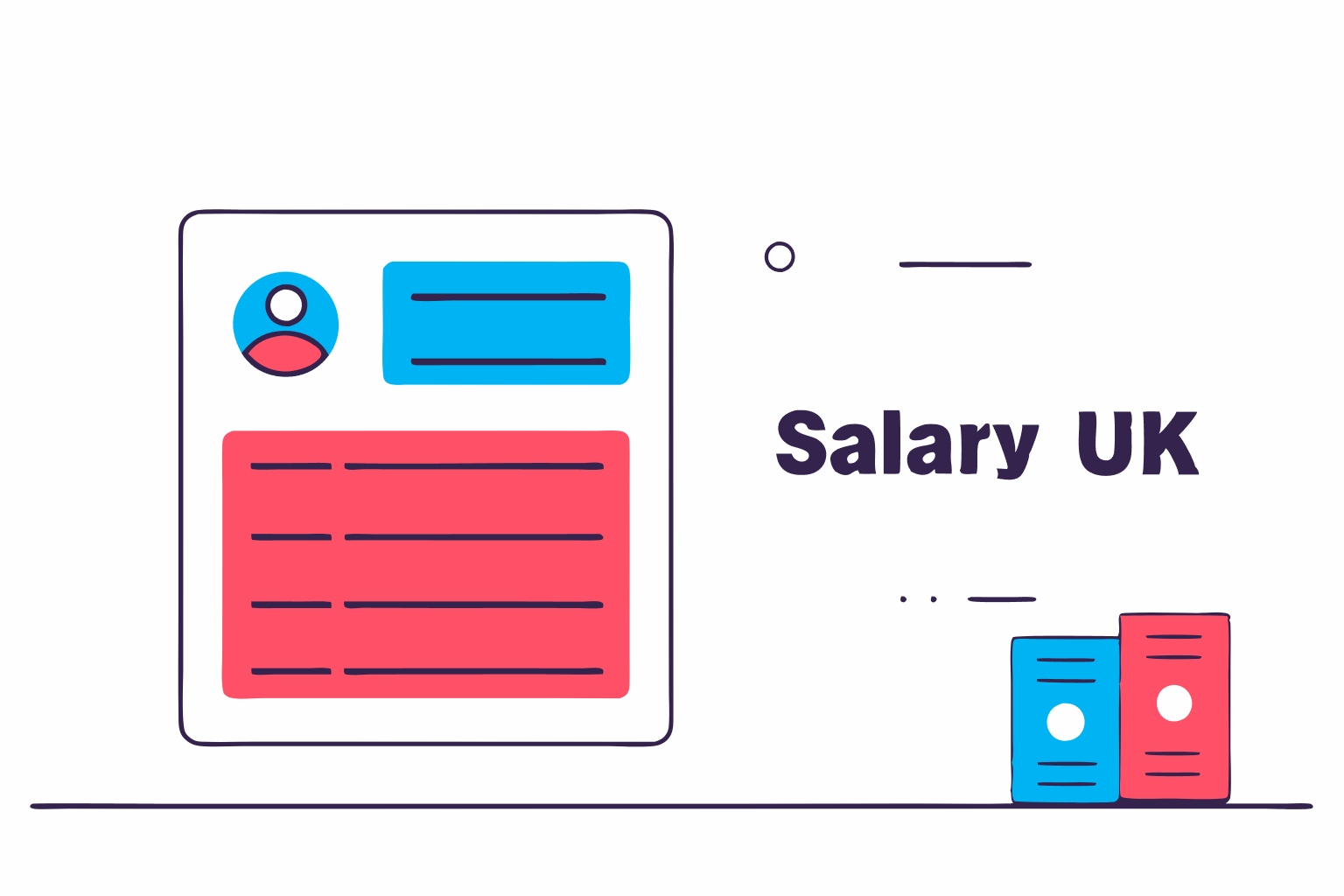
The role of a Phlebotomist in the UK is both crucial and rewarding. As the healthcare sector continues to expand and emphasize patient care, the demand for skilled phlebotomists remains high. From leading hospitals in London to medical centres in Manchester and Edinburgh, employers are seeking trained professionals, offering competitive salaries and excellent opportunities for professional development in this essential field.
Phlebotomist salary
Base pay £19K – £28K/yr
£23K/yr average base pay
The estimated salary for a Mobile Phlebotomist is £23,194 per year. This number represents the median, which is the midpoint of the ranges from our proprietary Total Pay Estimate model and based on salaries collected from our users. The “Most Likely Range” represents values that exist within the 25th and 75th percentile of all pay data available for this role.
The “Most Likely Range” reflects values within the 25th and 75th percentile of all pay data available for this role. Glassdoor salaries are powered by our proprietary machine learning model, which utilises salaries collected from our users and the latest government data to make pay predictions.
What do Phlebotomist earn
How much does a Phlebotomist make in United Kingdom?
£23,500/yr
Highest paying cities for Phlebotomist near United Kingdom
- Carshalton £27,667 per year
6 salaries reported - London £25,565 per year
36 salaries reported - Southampton £23,602 per year
22 salaries reported - Oxford £23,550 per year
14 salaries reported - Newcastle upon Tyne £23,221 per year
13 salaries reported - Basildon £22,918 per year
29 salaries reported - Nottingham £22,877 per year
13 salaries reported - Manchester £22,849 per year
13 salaries reported - Coventry £22,697 per year
26 salaries reported
What’s on Quora?
How much does a phlebotomist makes a year?
Top Answer
So according to Salary for Phlebotomist | Salary.com a phlebotomist makes between 30K and 37K a year in the US. Which means about $16 to $17 dollars an hour on average. So I would expect a lab company or city hospital to pay a bit more and a rural clinic or doctor’s office a bit less. In addition, the hourly rate for part-time and on-call phlebotomists tends to be higher than full time. For example, I used to work the early shift at a hospital for the morning surge of collections (most patients in a hospital get their blood drawn before breakfast so the doctors can have results by 8am). I would come in at 5am and be done by 9am, and I got paid about $18 an hour with two years experience. There are also pay differences for working holidays, weekends, late shifts, and sometimes even hazard pay. Another thing to consider is how good you are with the patients. Phlebotomists that get the best customer feedback (not necessarily the best at getting blood, but the two are usually related) tend to get pay increases and spot bonuses.
In my experience a phlebotomist position, especially in a hospital, is a stepping stone to other jobs. Blood draw and specimen collection is fairly simple to learn and is a skill that can be taken to other jobs. Nurse, nursing assistant, laboratory technician, EMT, and insurance examiner are examples of people that should be good at phlebotomy. I would include doctors on that list, but they rarely collect their own specimens since that would be a waste of resources (time is precious).
There is a ceiling to the pay scale of a phlebotomist. So people tend to move out of the job after a few years. If you are looking for a job that requires no college degree, or a second job, or something part time while in school, being a phlebotomist is a great way to go.


